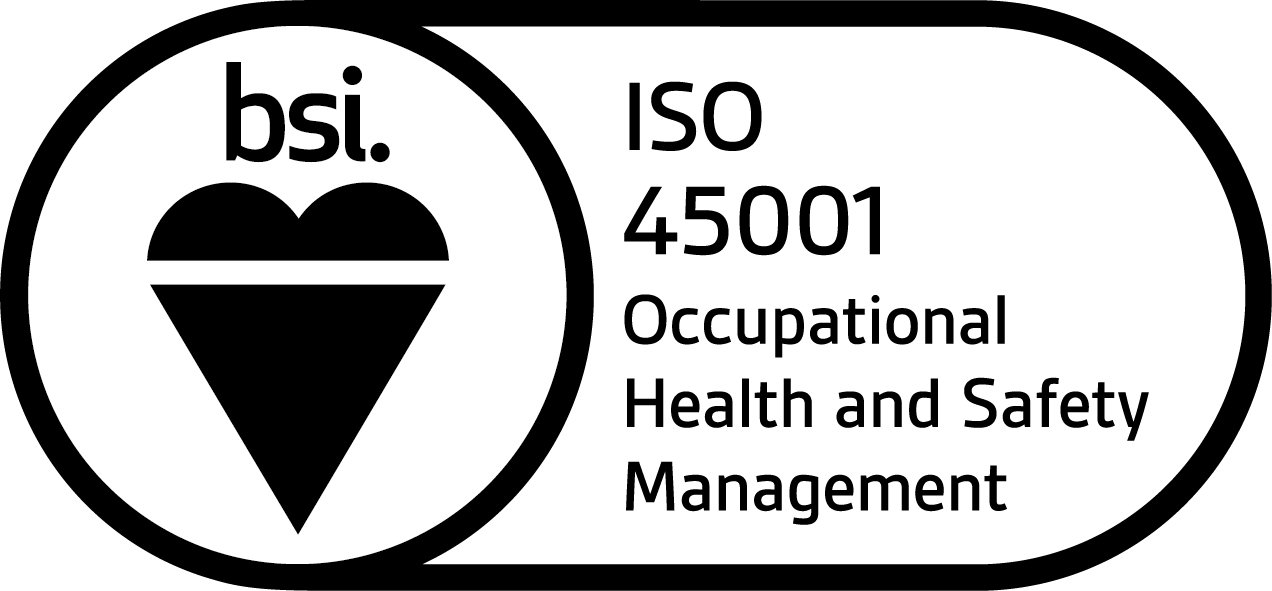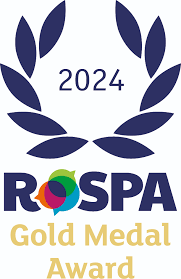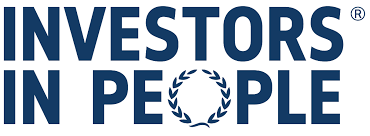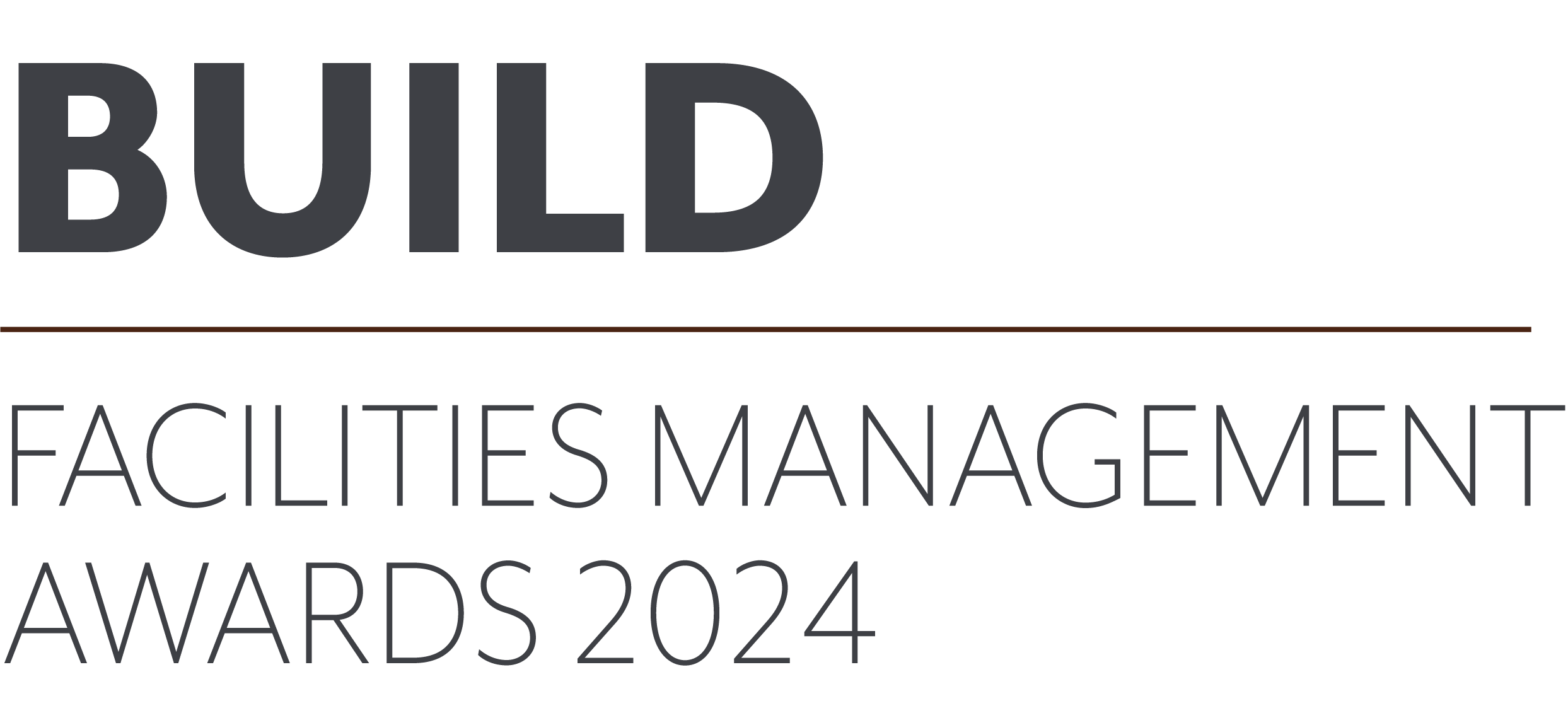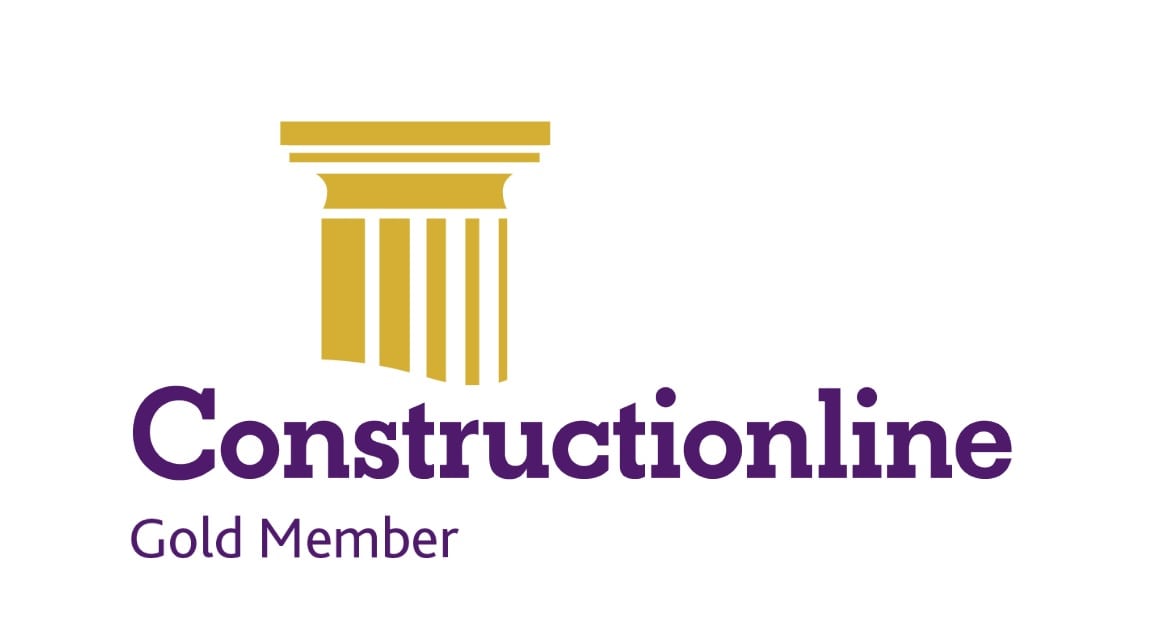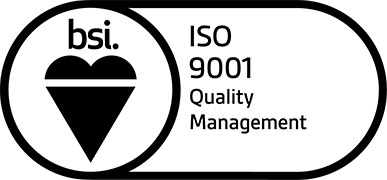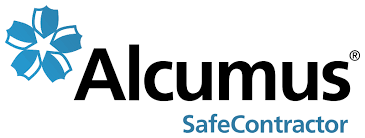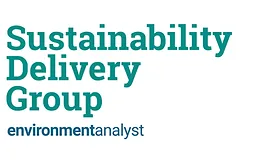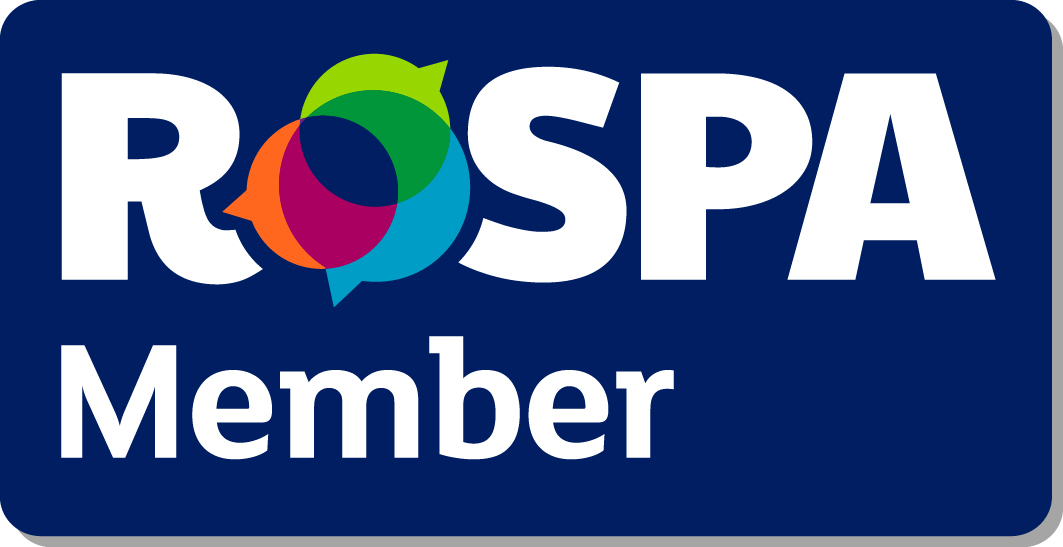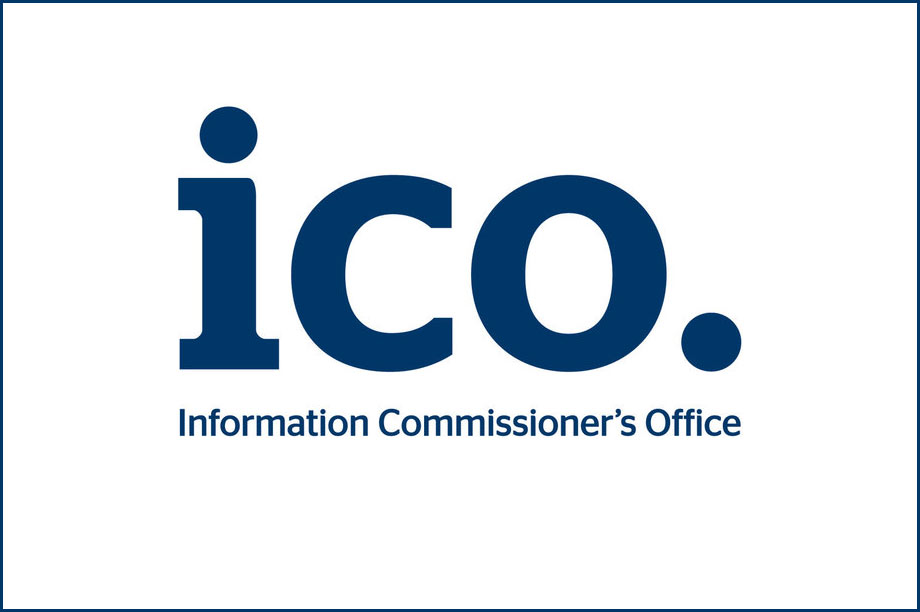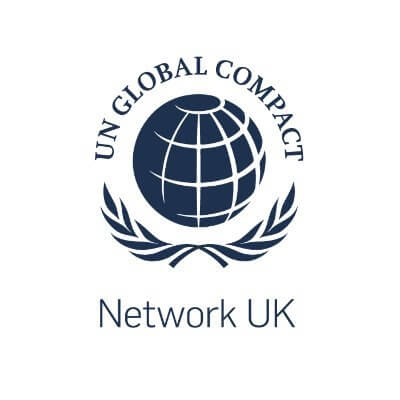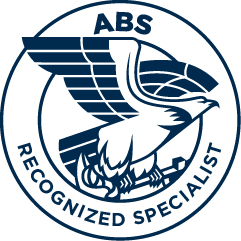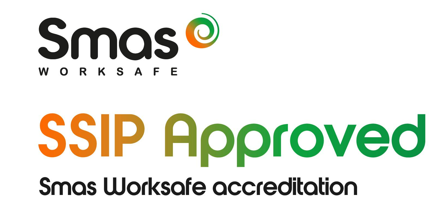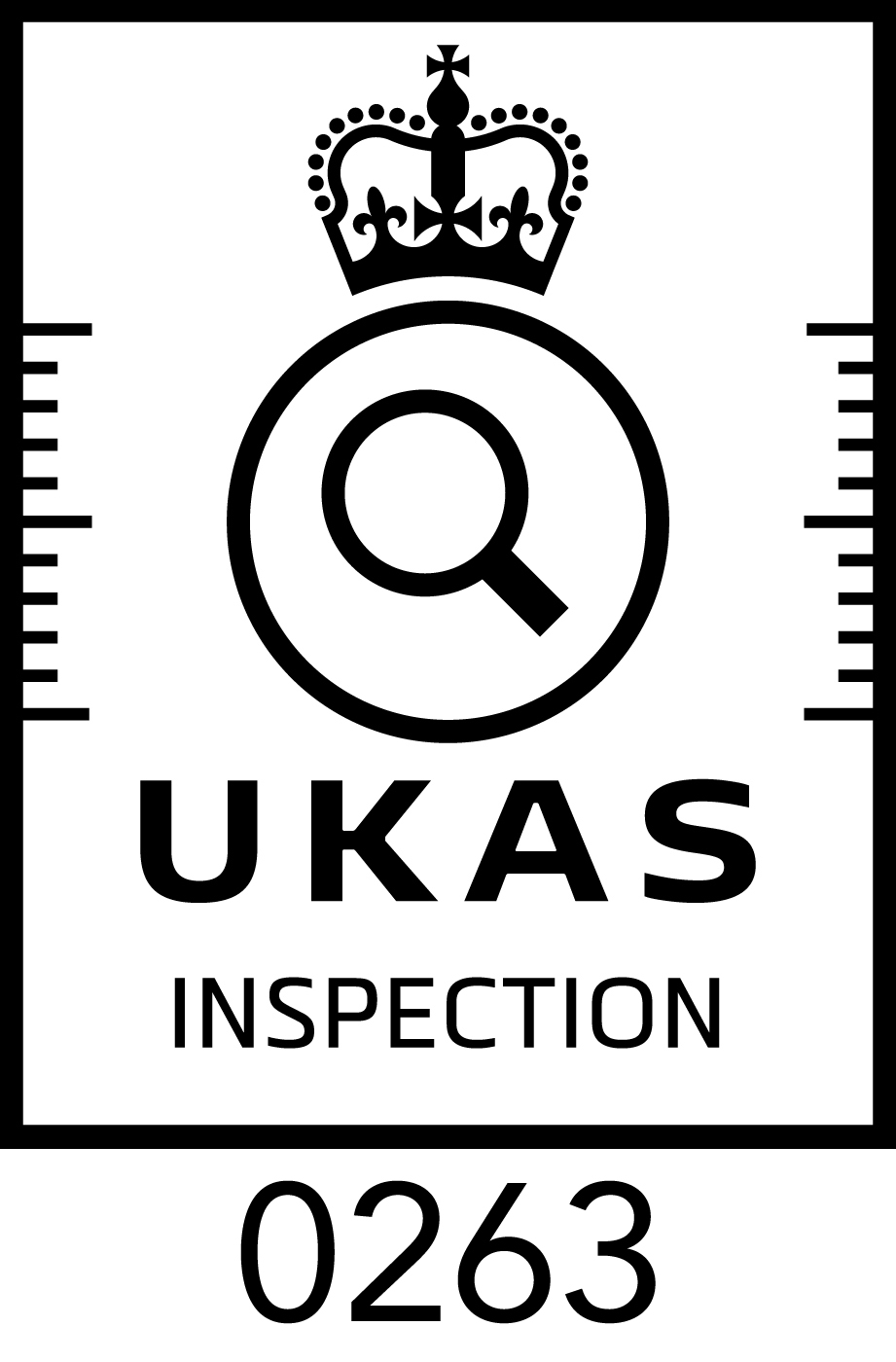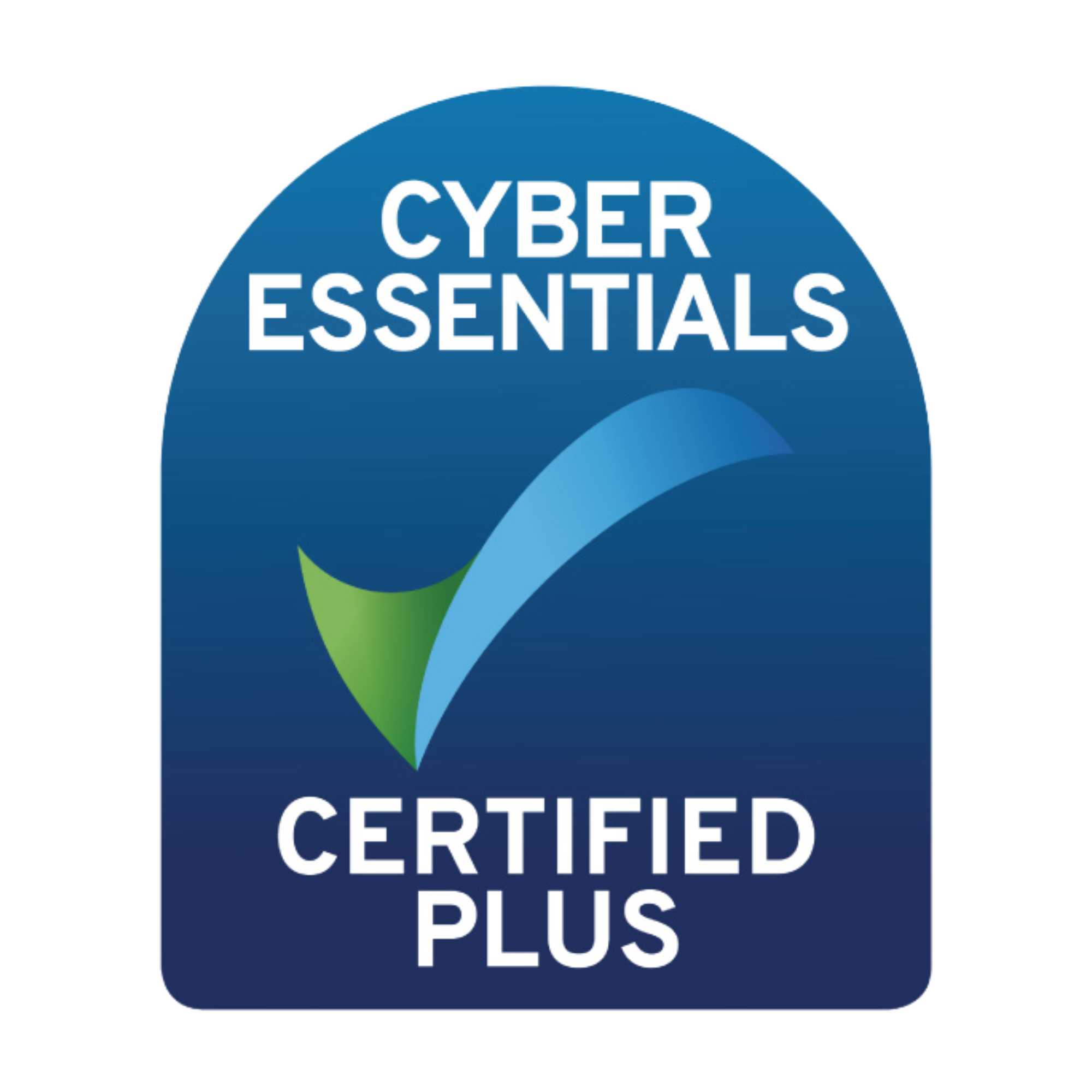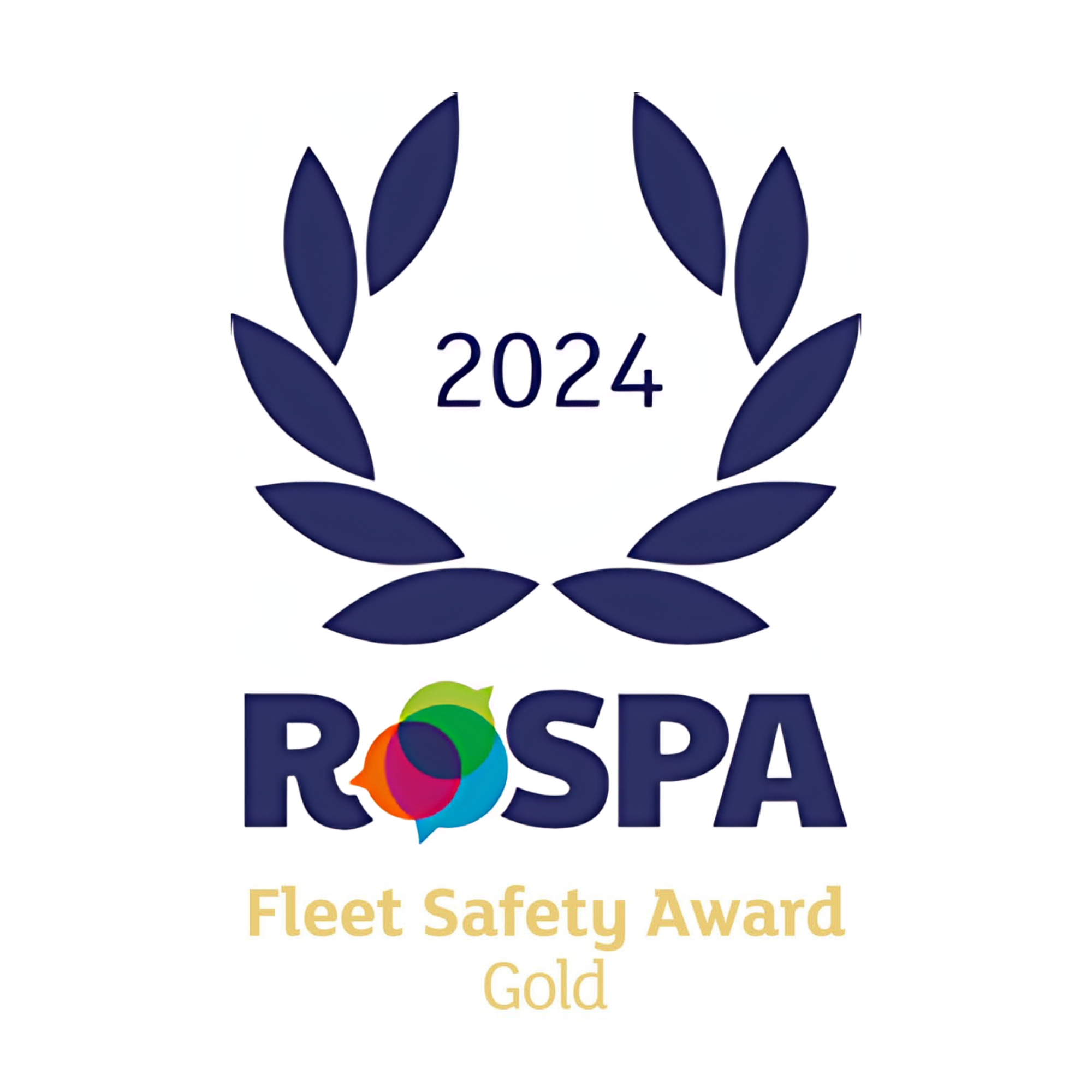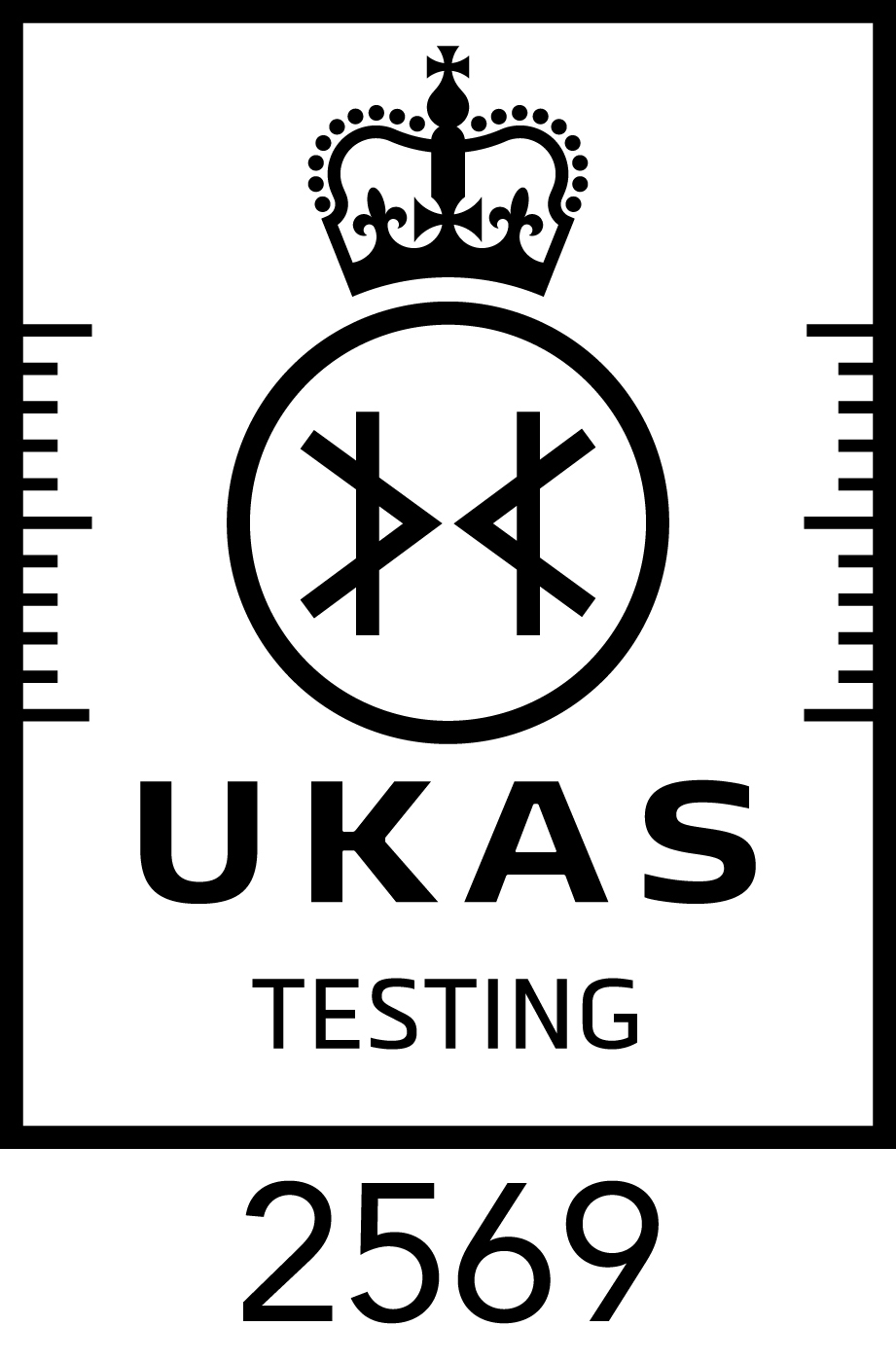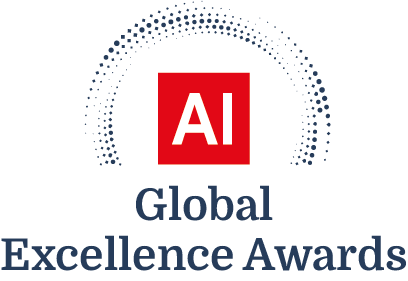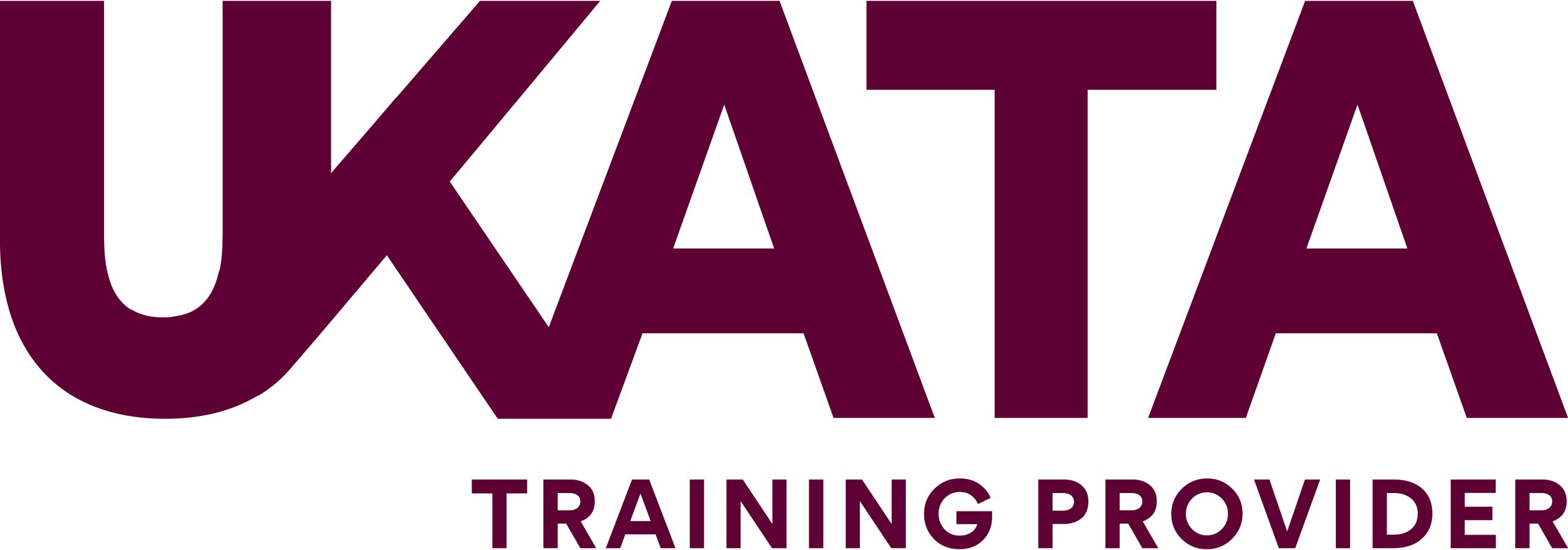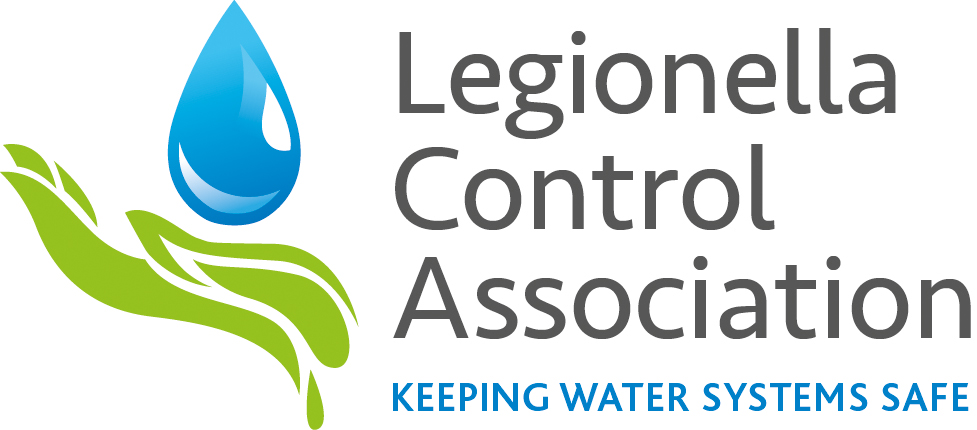Protecting people and planet
Protecting people and planet
Protecting people and planet
Protecting people and planet
Protecting people and planet
Oil Rig Decommissioning: 3 Components To Driving Down The Costs

Lucion Group
24th November, 2019
The recent Decom North Sea conference in November 2018 saw delegates gathering to be informed about how they can make significant savings during oil rig decommissioning.
Lucion’s Senior Marine Principal John Chillingworth attended this year’s Decom North Sea Conference 2018 discussing the challenges and opportunities that face the oil rig decommissioning industry in the near future. Chillingworth explores the validity and capability of achieving the 35% cost reduction suggested by several authorities at the conference.
During the subsequent panel sessions, delegates and speakers explored how to achieve cost savings during an arguably complicated process of decommissioning wells and rigs within hostile environments. Chillingworth noted that there were 3 key components discussed during the conference that would aid in reducing the costs associated with decommissioning.
3 Key Components
According to the experienced industry professionals on the panel at the conference, the 3 key components to achieving cost savings during decommissioning are:
1. Use various companies and contractors - It is essential to use multiple companies as not one company will fulfil all the criteria you may require to perform the entirety of your decom project end to end.
By using multiple companies you can negate larger contractual risks and costly delays. Using one company and discovering them to be insufficient in delivering the services you require within your timescales may result in breaking the contract and having to restart the procurement process again before any works can commence.
By procuring the right contractors and companies at the start of the project and putting in place a contract that measures your service providers performance, Quality Management Systems and agreed to early warning signs, the risks of receiving insufficient services that do not fulfil requirements is vastly reduced. Negating the risks of using external contractors through the contract ultimately can save time and money.
2. Ensure the scope of works are accurate - Knowing the scope of the works involved and communicating what you already know about the rig (i.e. what paperwork/documentation you currently hold relating to hazardous materials) is essential for contractors to be able to form accurate quotes, schedules and timelines.
If you are using inherited historic documentation be sure to assess the validity of the information provided. Negating the risks of using inherited historical documentation is key to ensuring that correct information is being communicated with both internal and external teams contractors. Using accurate documentation can help to inform an accurate scope of works and aid in providing accurate quotes and timelines whilst safeguarding individuals from unnecessary exposure to hazardous substances.
3. Plan and schedule - Plans for decommissioning an oil rig should commence 5 years before the well ceases to flow. Ensuring plans are started in advance is essential in saving costs in the long term. Failing to conduct a plan and timeline for decommissioning works can result in soaring costs. Gathering the correct documentation and information for the scope of work, procurement of contractors, creating a schedule and agreeing to timelines with contractors, reviews and audits all take time.
What Documentation Is Included In The Scope Of Work?
The scope of works should include:
- Description of items to be decommissioned including field location and the environment surrounding that could potentially be impacted by the works
- Removal and disposal proposed methods
- Aims/Objectives of the project
- Schedule and timeline
As well as the above, two essential pieces of documentation required before decommissioning works commence are:
- Structural Survey
- Inventory of Hazardous Materials
Structural Survey
The structural survey is a detailed and comprehensive physical assessment of the rig to assess the condition/quality of the structure itself. The purpose of the survey is to assess the materials used in the construction (including hazardous materials) and any damages to the rig that may present a risk during the decommissioning process. A structural survey is vital when presenting a scope to potential contractors so that they can assess the level of work involved as well as assess the potential risks and issues that may cause time delays during the project and effectively increase the cost of the decommissioning.
Inventory Of Hazardous Materials
An Inventory Of Hazardous Materials (IHM) is an integral part of the Hong Kong Convention (2009) and vital when creating an accurate scope of decommissioning works. The IHM is a requirement for all ships and offshore platforms to have a list quantifying what hazards are on board such as asbestos. It is designed to ensure that during dismantling works, risks to people and the environment are minimised.
Want to know more about IHMs and how Lucion Marine can help you to create your IHM and manage your onboard hazardous risks? Discover more here: Lucion Marine IHM Services.
Check and Review
It is imperative that throughout the decommissioning process to review and check the works being carried out. Ensure that timelines are being kept to and that your expectations are being managed. Make contingency plans and plan buffer time and cost for unexpected delays and unforeseen issues that may increase costs.
Ensuring that the scope of work, the contract and the plan presented by your contractors are highly detailed and inclusive of time schedules and agreed early warning signs. Effective communication between contractor and client is essential in successfully managing a decommissioning project and can ultimately save both money and time.
Does Your Rig Contain Hazardous Materials?
In the North Sea there are over 100 rigs that are between 40 and 50 years old and another 283 between 20 and 40 years old.
It is assumed that only the rigs built before 1999 have an asbestos content, however, the reality is that asbestos is still infiltrating the marine industry on brand new ships. This has occurred due to the disparity of what is classed as ‘asbestos free’. In Australia it is a content of 0%, in the USA it is 1.0%, EU is 0.1% and in China it can be 15% where asbestos is still used legally. This means ‘asbestos free’ products continue to be used in some ships.
The current global decom market includes North Sea, Brazil, India, Indonesia and Malaysia with over 9000 offshore platforms and 72,000 wells.
Currently, there are a limited amount of experienced companies that can safely perform IHM assessments required to create a scope of works. Some large offshore companies have started to collaborate with various specialist companies, such as Lucion Marine, to provide a holistic approach for decommissioning. Chillingworth states that operators need to be proactive and start the planning process for decommissioning. The first item to consider is a hazardous material survey.
Discover More
Lucion Marine is an internationally accredited company that delivers trusted hazard management to the marine and offshore environments with its ISO17025 accredited laboratories.
With over 15 years experience servicing the Marine industry and offices/stations globally, we can offer hazardous management services that are trusted by leading marine professionals.
Discover more and find out how Lucion Marine can help you to achieve compliance: Lucion Marine Hazardous Material Experts.
Further Reading
Senior Marine Principal John Chillingworth: https://www.lucionmarine.com/team/john-cillingworth
Decom North Sea: http://decomnorthsea.com/
Decom North Sea Magazine February 2019 Edition Issue 35: https://decomnorthsea.com/uploads/pdfs/newsletters/Issue-35-FEB-2019-ONLINE_190305_110509.pdf
Lucion Marine - Inventory Of Hazardous Materials: https://www.lucionmarine.com/inventory-of-hazardous-material
Lucion Marine - Asbestos Services: https://www.lucionmarine.com/services/asbestos-management
Lucion Marine Hazardous Material Experts: https://www.lucionmarine.com/
Register for IMPACT Bulletin
Don’t miss a beat - get the latest insights and updates from Lucion straight to your inbox.
